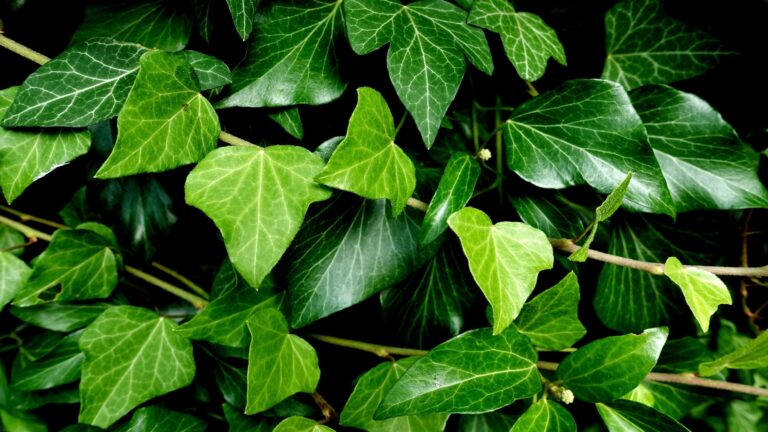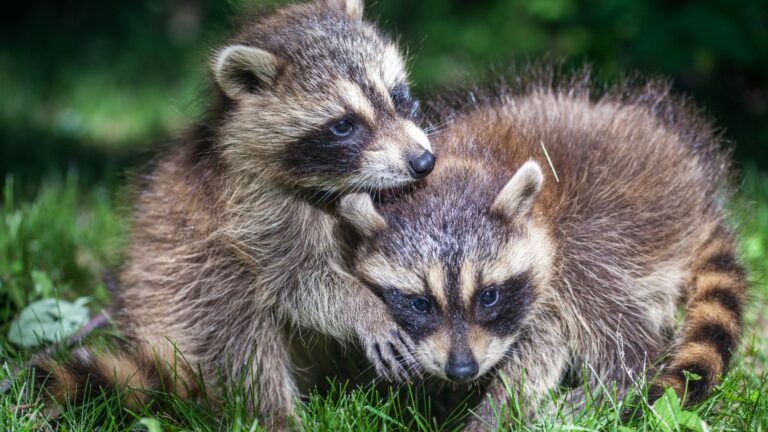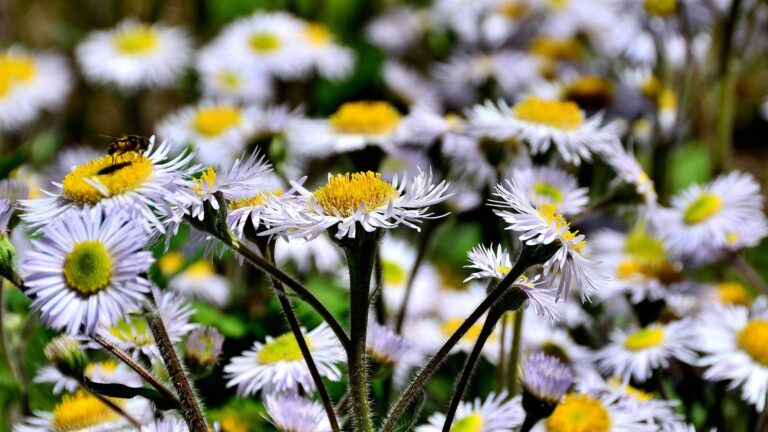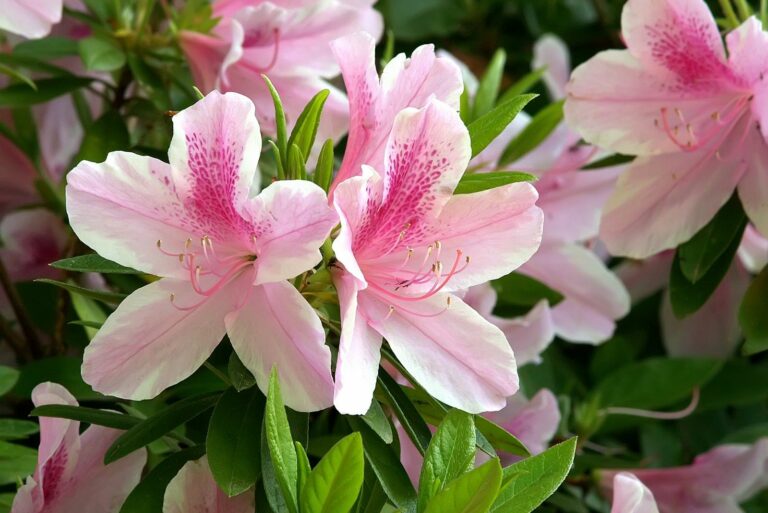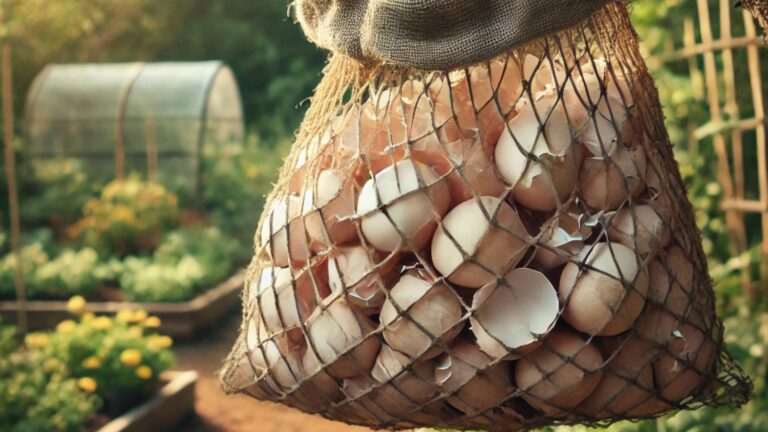8 Simple Ways To Support Birds This Fall In North Carolina
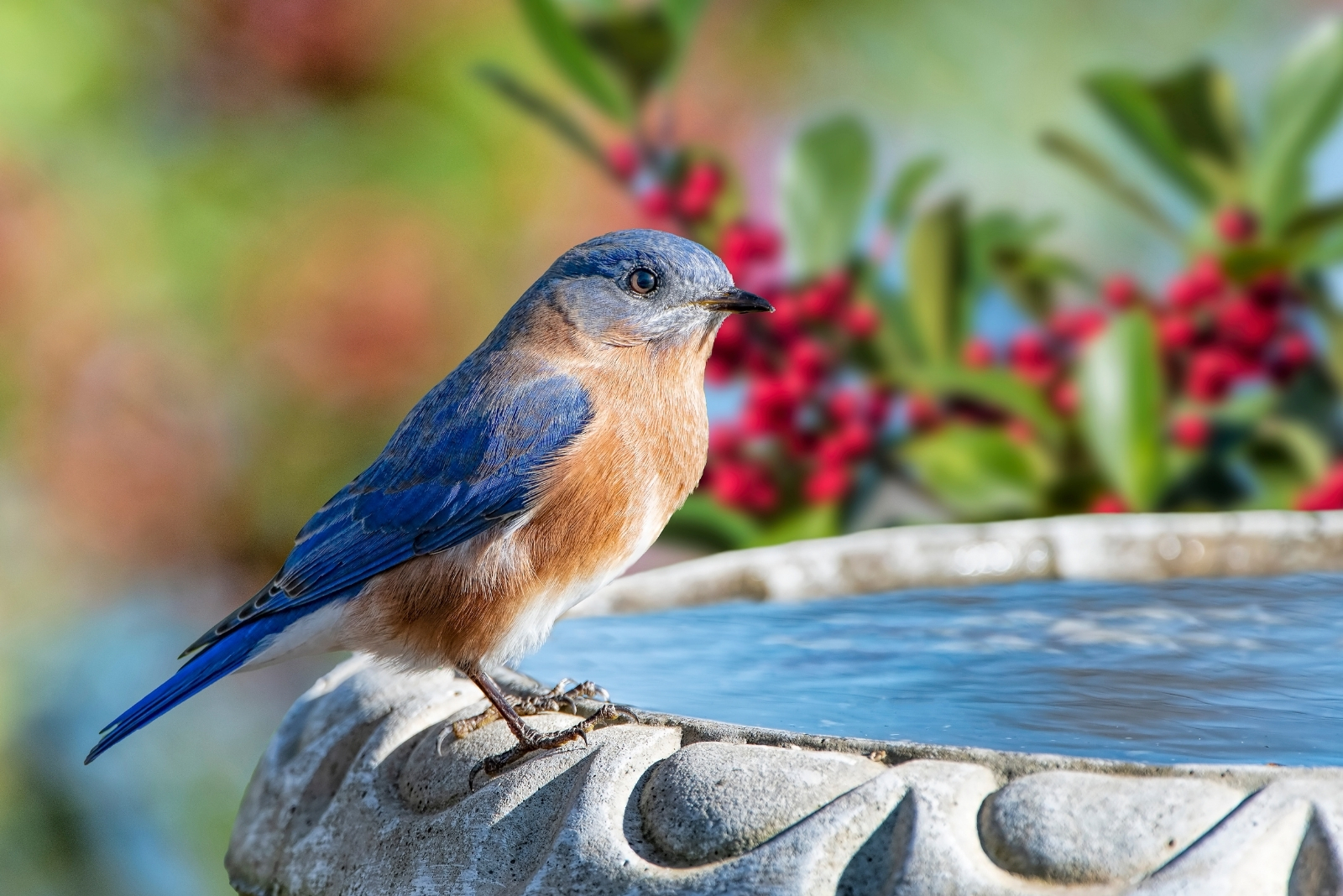
North Carolina birds need a little extra care as the weather cools. From fresh water to safe feeding spots, small gestures make a big difference.
Observing and helping them thrive can be fun and rewarding. Supporting feathered friends makes your backyard feel alive this season.
1. Fill Your Feeders with High-Energy Seeds
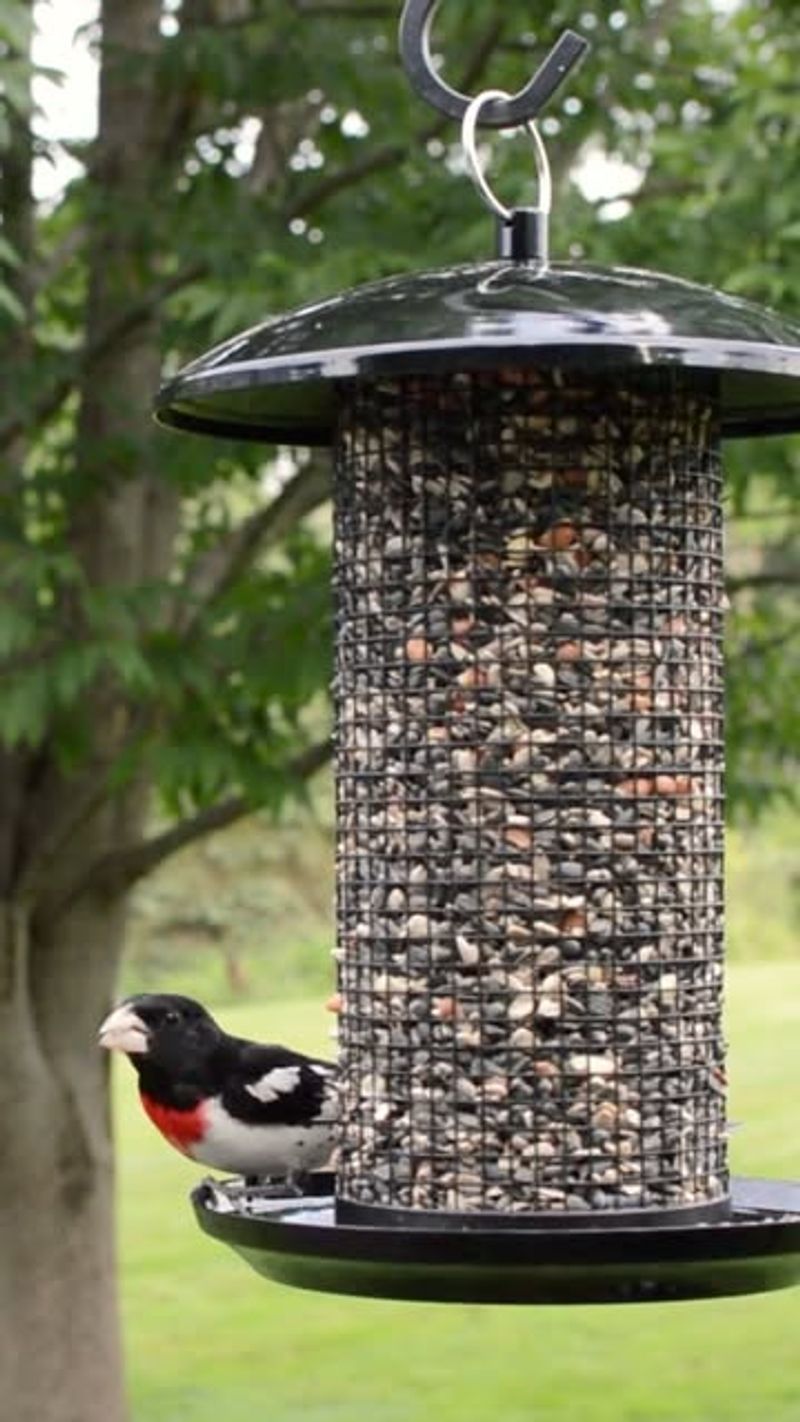
Birds need lots of calories during fall migration and colder weather. Sunflower seeds, nyjer, and suet are favorites that pack plenty of energy.
Across North Carolina, cardinals, chickadees, and woodpeckers will thank you for keeping feeders stocked. Clean them regularly to prevent mold and disease from spreading among your visitors.
A well-maintained feeding station becomes a popular stop for hungry travelers and local residents alike.
2. Plant Native Shrubs and Trees
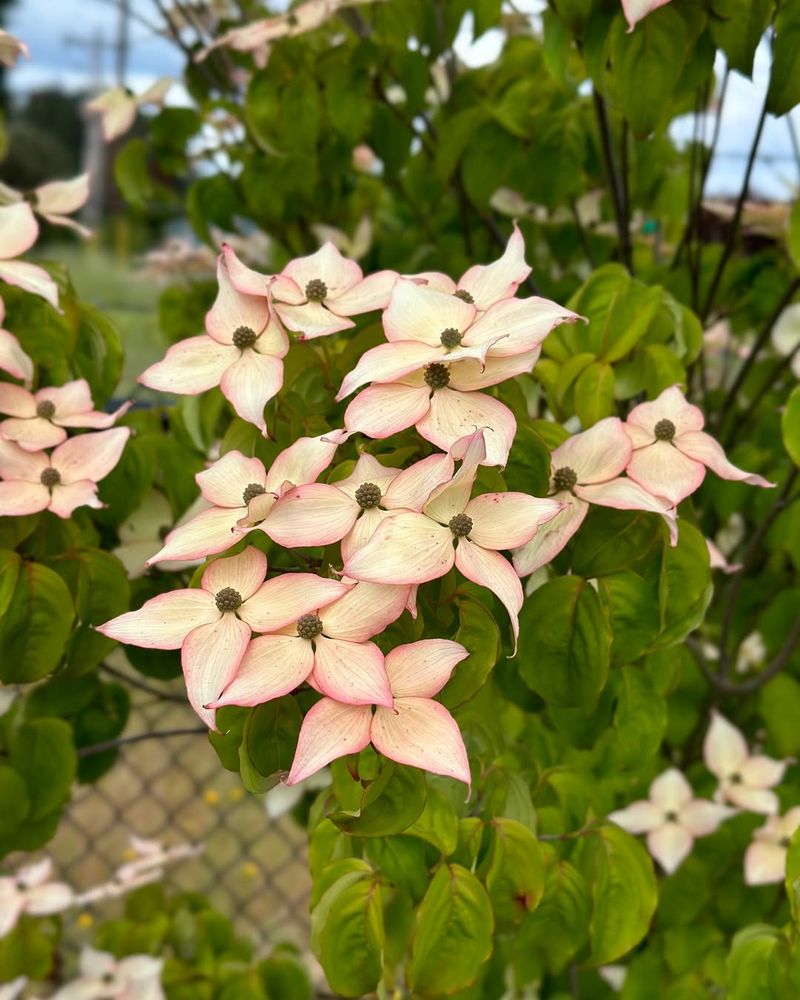
Native plants provide natural food sources like berries, seeds, and insects that birds rely on. Dogwoods, hollies, and serviceberries are excellent choices for North Carolina yards.
Unlike non-native species, these plants have evolved alongside local bird populations. They offer exactly what migrating and resident birds need during autumn months.
Plus, native plantings require less water and maintenance, making them easier on you and better for the environment overall.
3. Keep Water Sources Fresh and Available
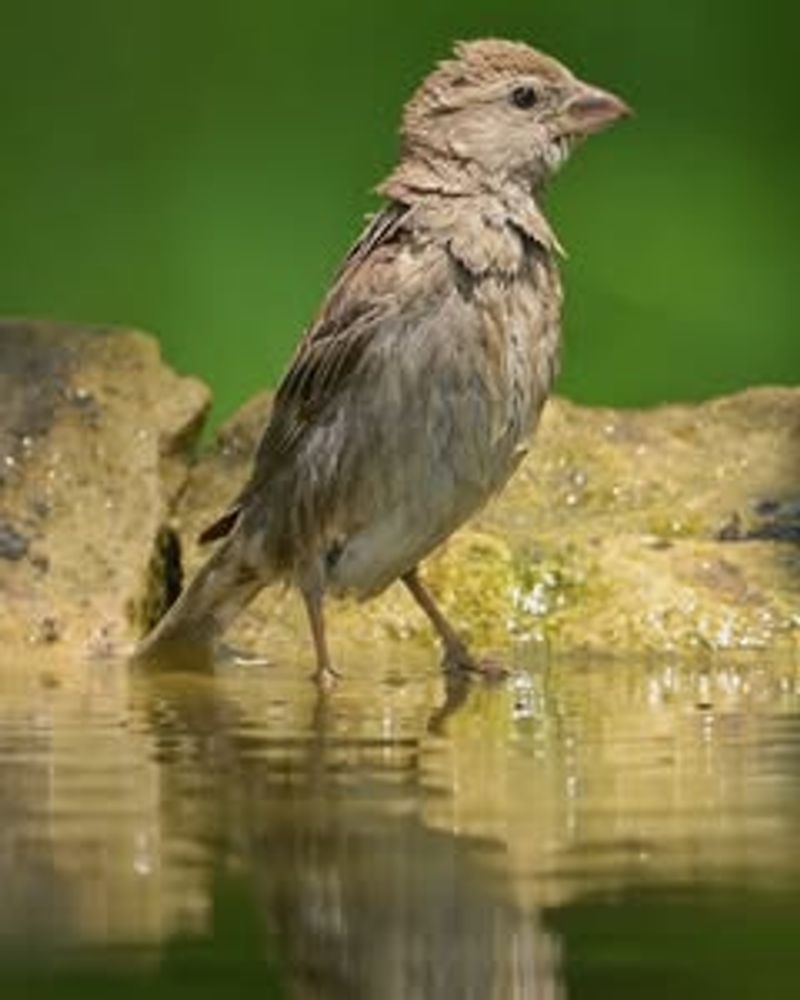
Clean water is just as important as food for birds, especially during migration. A simple birdbath can become a lifesaver for thirsty travelers passing through North Carolina.
Change the water every few days to keep it fresh and prevent mosquitoes from breeding. Adding a small fountain or dripper creates movement that attracts even more feathered visitors.
During chilly mornings, break any ice that forms so birds can still drink and bathe safely.
4. Reduce Window Collisions with Simple Solutions
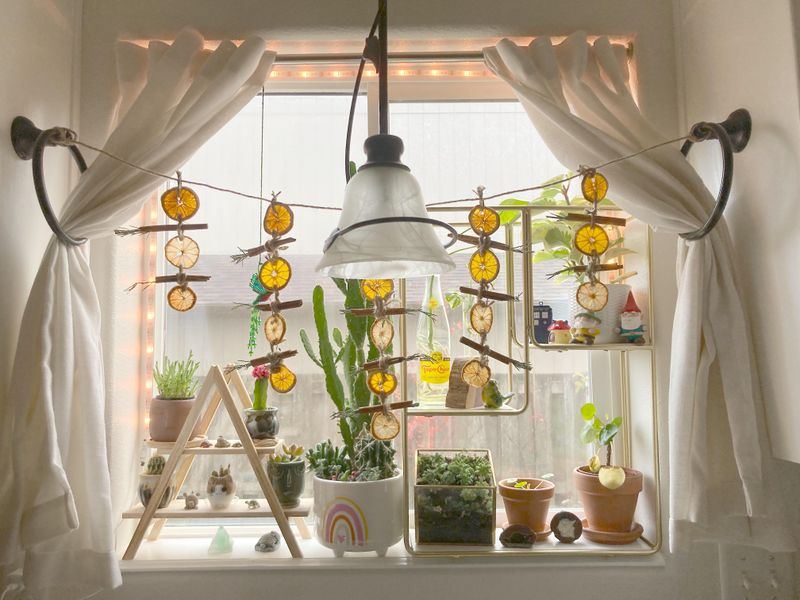
Millions of birds die each year from flying into windows they cannot see. Decals, screens, or hanging strings spaced a few inches apart help them spot the glass.
In North Carolina neighborhoods, this problem affects both migrating and resident species. Even one or two collisions prevented makes your home safer for wildlife.
Closing curtains during peak migration times also helps reduce reflections that confuse birds in flight.
5. Leave Leaf Litter and Dead Plants Standing
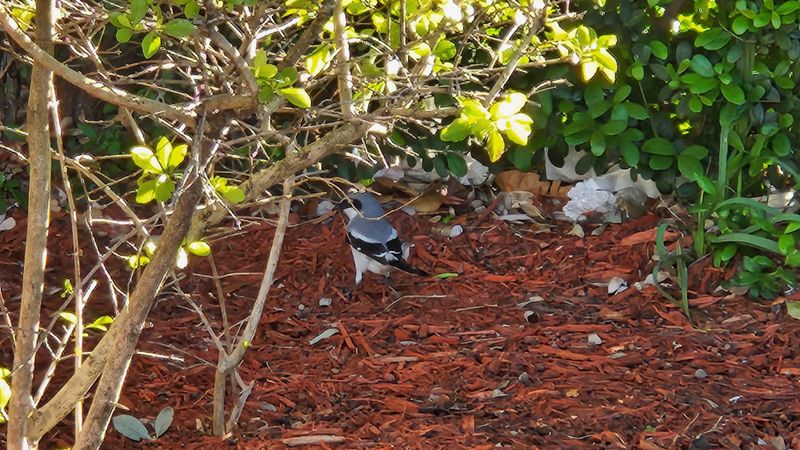
Raking every leaf might make your yard look tidy, but birds actually benefit from a messier landscape. Leaf litter shelters insects that provide crucial protein for many species in North Carolina.
Standing seed heads from flowers like coneflowers and sunflowers offer natural food through fall and winter. Sparrows, finches, and juncos will forage happily among the dried stems.
Embracing a little wildness supports the entire ecosystem around your home.
6. Avoid Pesticides and Chemicals in Your Yard
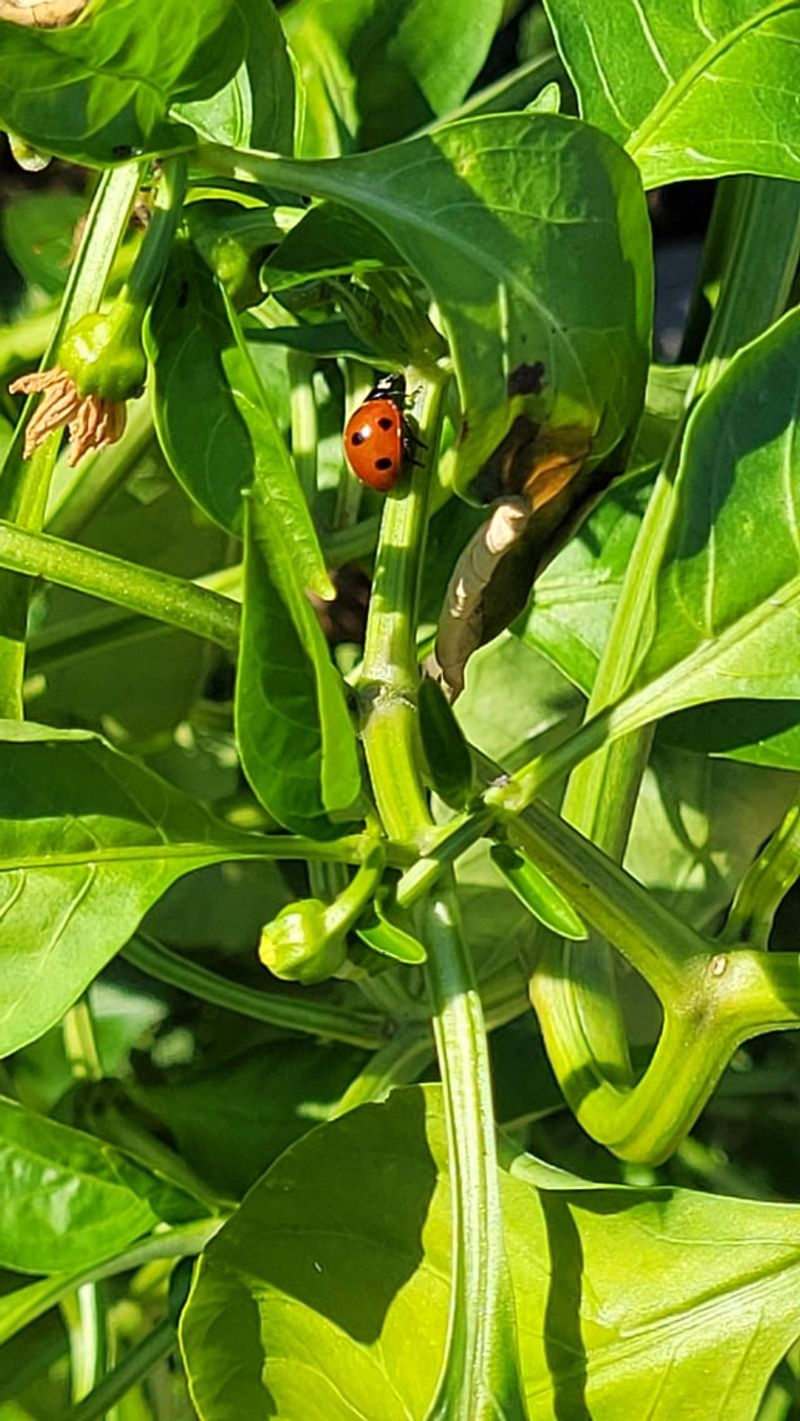
Pesticides kill the insects that many birds depend on for food, especially during nesting and migration seasons. Going chemical-free in your North Carolina yard creates a healthier habitat for everyone.
Natural pest control methods like companion planting and beneficial insects work just as well without the harmful side effects. Birds themselves are excellent pest controllers, eating bugs that damage your garden.
A pesticide-free space protects both birds and other wildlife that share your outdoor areas.
7. Install Nesting Boxes for Winter Shelter
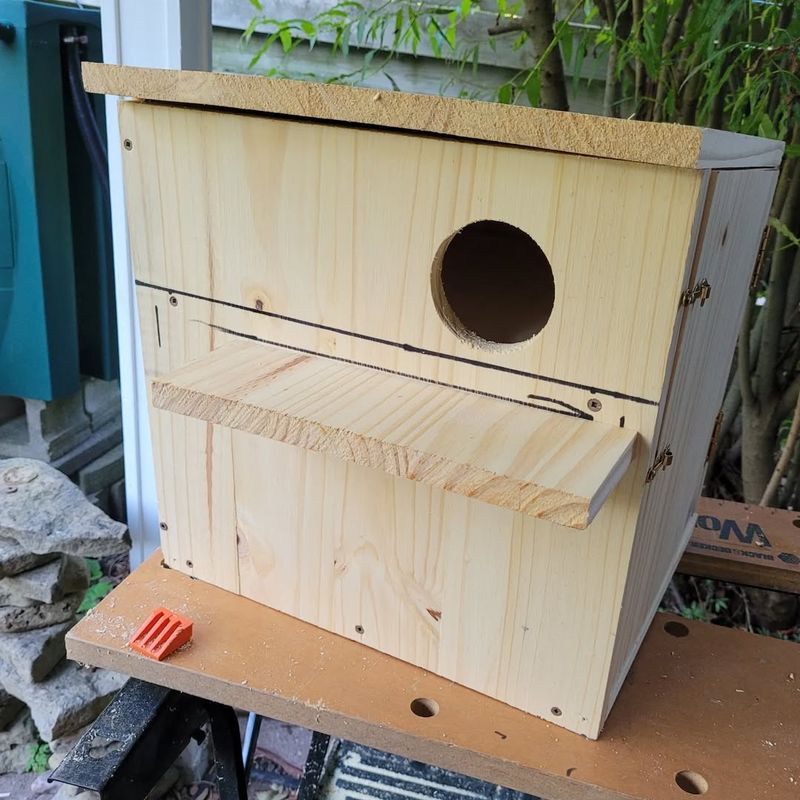
Many people think birdhouses are only for spring, but they provide critical shelter during cold fall and winter nights. Chickadees, bluebirds, and nuthatches use them for roosting in North Carolina.
Mount boxes in protected spots away from prevailing winds and predators. Clean out old nesting material from spring to make room for winter residents seeking warmth.
A cozy roosting box can mean the difference between survival and freezing for small birds.
8. Support Local Conservation Organizations
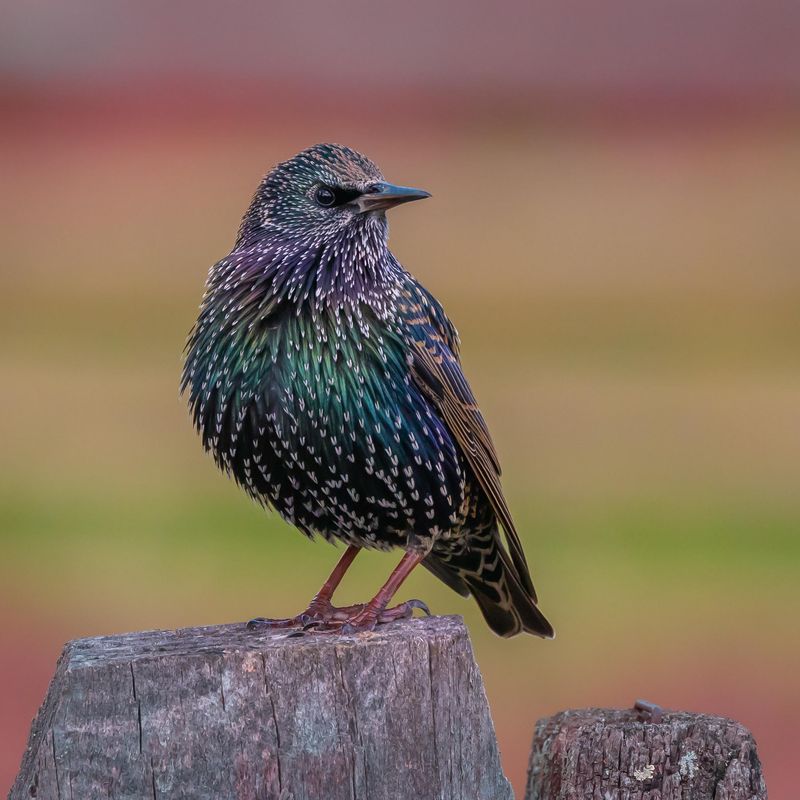
Individual efforts matter, but joining forces with conservation groups multiplies your impact. Organizations across North Carolina work to protect bird habitats, conduct research, and educate communities.
Volunteering for bird counts, habitat restoration projects, or educational events connects you with others who care. Even small donations help fund important programs that benefit birds year-round.
Community action creates lasting change that individual backyard efforts alone cannot achieve for our feathered neighbors.

